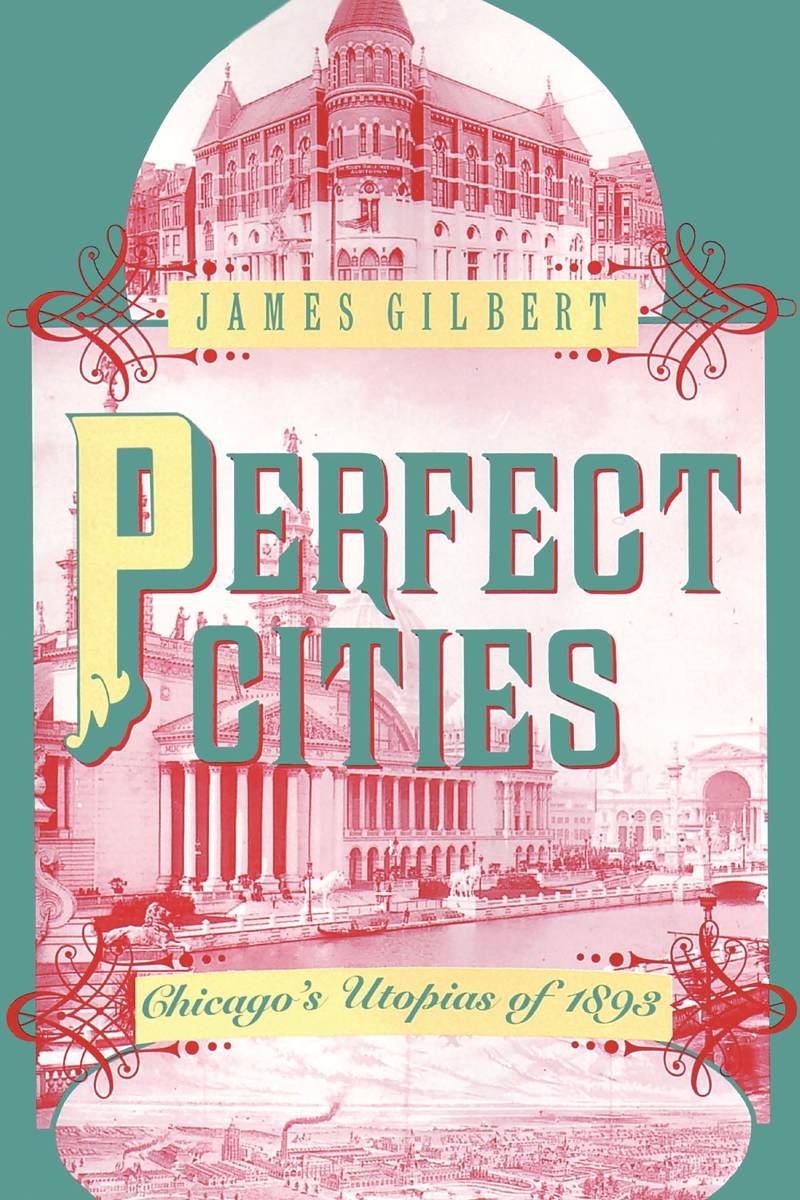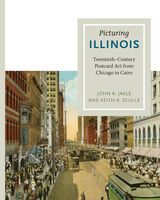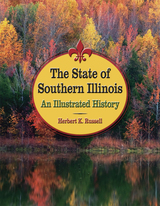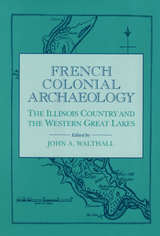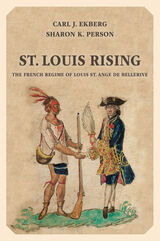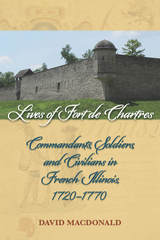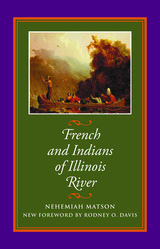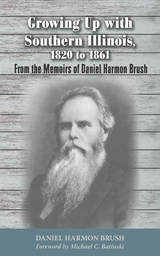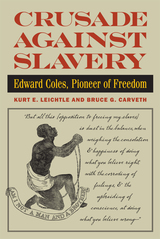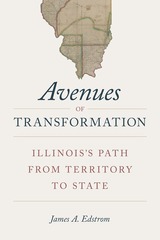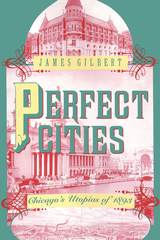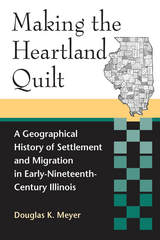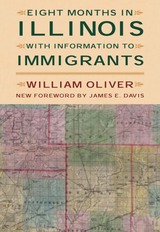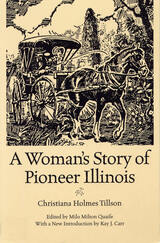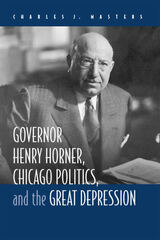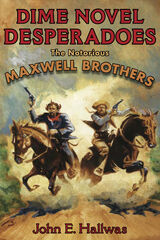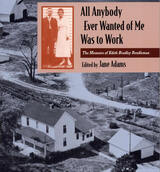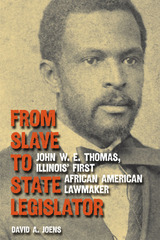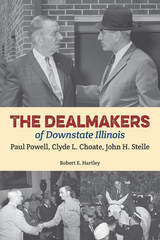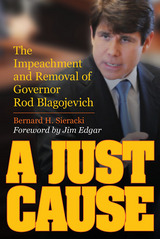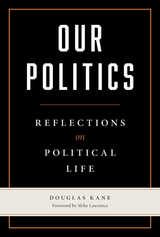Perfect Cities: Chicago's Utopias of 1893
University of Chicago Press, 1991
Cloth: 978-0-226-29317-2 | Paper: 978-0-226-29318-9
Library of Congress Classification F545.G43 1991
Dewey Decimal Classification 977.311041
Cloth: 978-0-226-29317-2 | Paper: 978-0-226-29318-9
Library of Congress Classification F545.G43 1991
Dewey Decimal Classification 977.311041
ABOUT THIS BOOK | TOC | REQUEST ACCESSIBLE FILE
ABOUT THIS BOOK
In this elegant and sensitive look at the milieu of the World's Columbian Exposition of 1893, James Gilbert examines the three utopias that were designed to bring order to the chaos of urban life: The World's Fair itself, George Pullman's community for his workers, and Dwight Moody's evangelical crusade. Gilbert draws upon a rich selection of fiction, collective biography, architecture, photographs, and souvenir books to show how these experiments each acted as a middle-class prescription for coming to terms with the new cultural diversity and competition resulting from the disruptive forces of technological change, commercial enterprise, and pluralism.
"Mr. Gilbert's splendid book opens the door on a conflicted past, and provides an indispensable perspective on the troubled and troubling struggle we face today between old and new, unity and diversity."—Alan Trachtenberg, New York Times
"Perfect Cities is a remarkable account of a struggle for cultural definition. Chronicling the byplay between cultural homogeneity and heterogeneity, unity and diversity, James Gilbert not only throws light on Chicago's past but also provides insight that can be applied to the cultural debates of our own time."—Adria Bernardi, Chicago Tribune
"What Gilbert has done is to enable the reader to experience the grand utopian visions of the times, yet at the same time see the cantankerous reality that made the visions impossible."—Henry Kisor, Chicago Sun-Times
"Mr. Gilbert's splendid book opens the door on a conflicted past, and provides an indispensable perspective on the troubled and troubling struggle we face today between old and new, unity and diversity."—Alan Trachtenberg, New York Times
"Perfect Cities is a remarkable account of a struggle for cultural definition. Chronicling the byplay between cultural homogeneity and heterogeneity, unity and diversity, James Gilbert not only throws light on Chicago's past but also provides insight that can be applied to the cultural debates of our own time."—Adria Bernardi, Chicago Tribune
"What Gilbert has done is to enable the reader to experience the grand utopian visions of the times, yet at the same time see the cantankerous reality that made the visions impossible."—Henry Kisor, Chicago Sun-Times
See other books on: 1893 | Chicago | Chicago (Ill.) | Gilbert, James | Utopias
See other titles from University of Chicago Press
